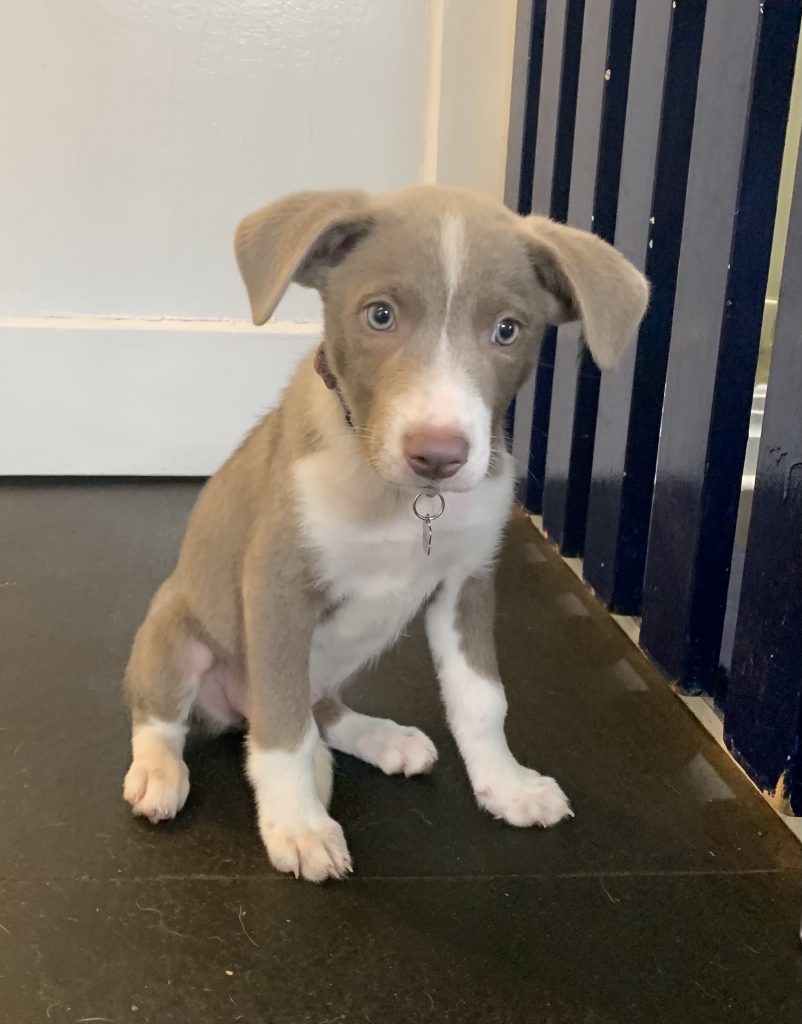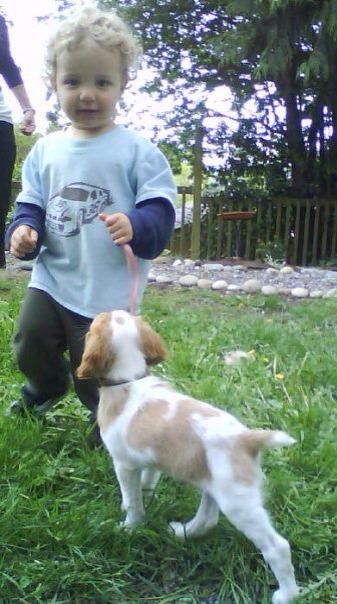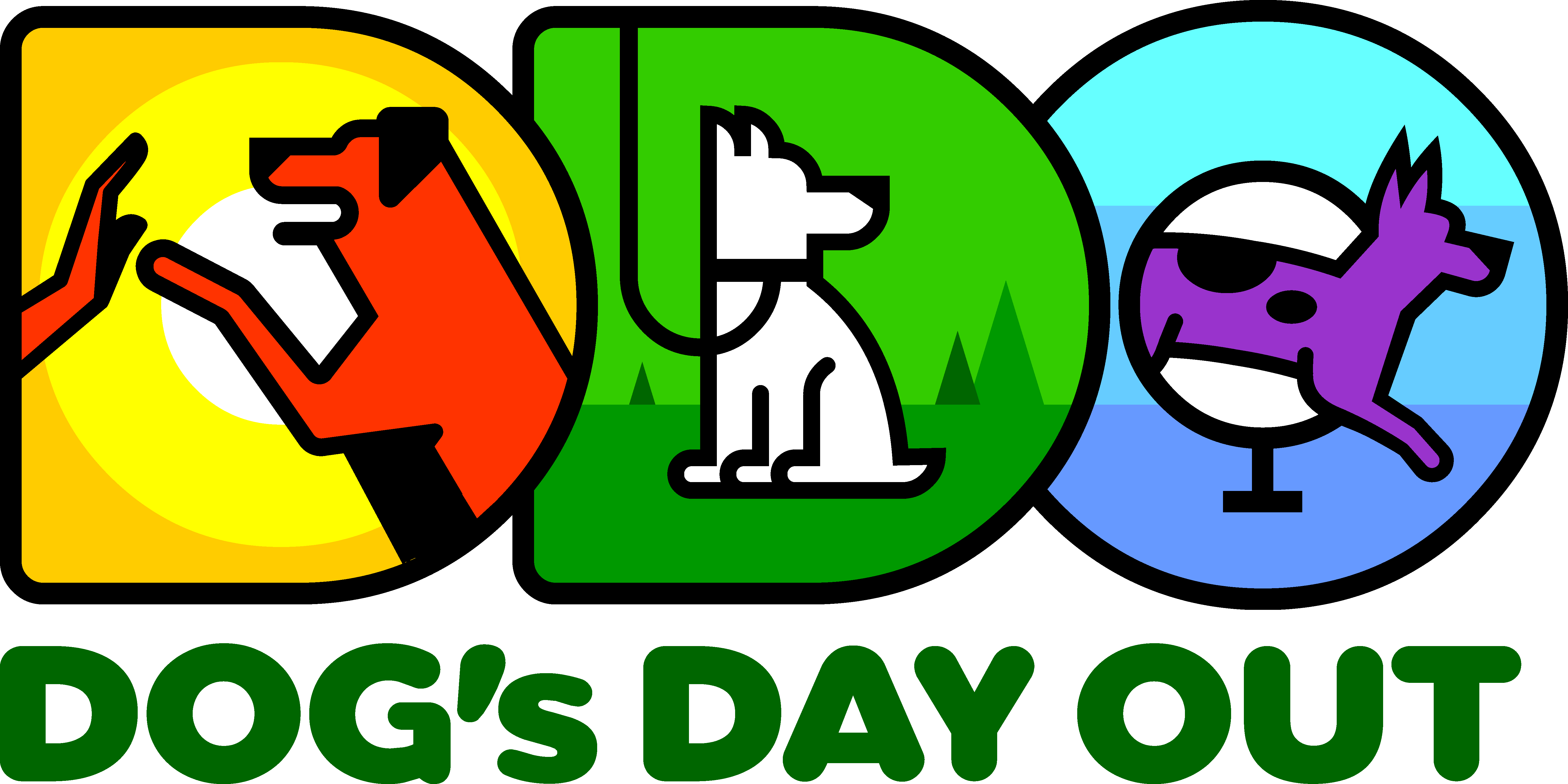So, you have a new puppy! Now what do you do? Sometimes I feel that clients are concentrating on the wrong things with their new pup so I have some suggestions…

What’s important now?
Firstly, it’s important to know where exactly your puppy’s mind is right now as far as brain development is concerned. There is a reason we do not teach algebra to children in Kindergarten; they simply are not developmentally ready for it yet. We can apply the same logic to our puppies and concentrate on age-appropriate learning. Don’t worry, you will have plenty of time later to teach your new pup the complicated algebraic equations but let’s start with the ABC’s and learning how to read!
Dogs have sensitive periods during which their brains are more susceptible to new things and experiences. One of those periods is between 8-11 weeks of age (possibly up to 14 weeks in some dogs but the research is still out). If you are lucky enough to get your dog as a puppy, you can (and should!) take advantage, and be proactive in creating positive associations for your pup with ALL THE THINGS (people, animals, places, objects, surfaces, sounds, smells…) ASAP! The sooner, the better. We like to call this “socialization” but note that “socialization” is not just exposure; instead it is exposure with positive associations made.
DO NOT WAIT UNTIL YOUR PUP IS FULLY VACCINATED! You can (and should) be creative in how you expose your pup to new things safely but if you wait until your pup is fully vaccinated (16-18 weeks) you will have missed this sensitive period. The clock is ticking.
Dogs have a second sensitive period somewhere in adolescence. This can vary depending on breed, sex or size of the dog but the onset of adolescence generally occurs around 7-9 months of age. This sensitive period is less researched than the early period but we do know it exists at some point (or points) in a dog’s early life. The “teenage” brain is not fully developed. If you have ever lived with a human teenager, you know exactly what I am talking about. Not to get too science-y on you but the back part of the brain, which is responsible for impulsive behaviors, develops (in humans and dogs) before the front part of the brain, which is responsible for more rational and reasonable thought. Yep, even in dogs. So, when your adolescent dog seems impulsive and starts “forgetting” all he learned as a puppy, I promise the behavioral groundwork you do while your puppy is under 4 months of age really IS still in there somewhere! Lay the foundation now and the tween and teen periods may be slightly less exhausting.
Generally, a dog’s brain is not fully formed until he is about 2 years of age so also know that you are not done after that one puppy class (sorry!) – socialization and continued training for those first two years is super important.
So, now you know what is happening in your pup’s brain, what is important and appropriate to teach now? I like to break “Training” into two categories: Management and Training Skills. When we are looking at a puppy under 4-5 months old, the bulk of “training” is actually management. Management is just that, how we manage our puppy in his environment – where does he sleep, eat, chew, play and poop. How do you want that to look in your home? What is he exposed to and how. THIS is what is most important. We can work on Algebra later, when he is ready.
Under the MANAGEMENT category, I believe these are important places to start:
- Supervise of confine your pup 24/7. When you do this, you are setting your dog up to succeed. If you can manage your puppy’s environment so that he does not have access to do the “wrong” thing (peeing on the carpet, chewing on the chair leg, jumping on the coffee table) then he is learning what is acceptable and desired behavior in your home. This way you can teach him the appropriate place TO pee, chew, play (all of which are normal behaviors by the way). Set your dog up with a puppy proofed space using Crates, XPens or baby gates. Teaching your pup to be comfortable and relaxed in the crate may take some steps. I like to ease my puppy into a crate by keeping the crate right next to me to start and gradually moving myself away. How gradually you move away depends on your puppy. I am not a proponent of letting the puppy “cry it out” – if your puppy is distressed or panicked, you need to ease up on the process. Even in adolescence or adulthood, if I am using a crate, I like the crate in the area the family is hanging out, not shoved in the basement or garage. See more on Crate Training here.
- I put Socialization under management too. Most puppies are not born in a high-rise city condo. Most are coming from a more suburban or rural setting so if you live in the city, you will need to get them comfortable with city life. More on Socialization and How to Do It here!
- Playing with, and exposure to other puppies & adult dogs. When puppies play, they learn how hard to bite – if they bite too hard, game over. The best place for your pup to learn how to inhibit his bite is by playing with other dogs. The American Veterinary Medical Association recommends early socialization that includes play with other dogs starting at 8 weeks and preferably BEFORE that first sensitive time period ends at 12-16 weeks of age. If your pup is nipping you, see more on how to deal with Puppy Nipping & Biting here.
- Handling Exercises: When we do handling exercises we want to create a positive association for the pup with handling. We must pair the handling with something the dogs loves (food!) so that the pup doesn’t just tolerate the handling but actually likes it! I start with regular petting and then move to specific body parts like paws and ears as well as equipment we may need to use such as brushes and toenail clippers.
- Resource Guarding Prevention: It is important to try to never just take something from your puppy’s mouth if you can avoid it. I want to trade (teach a Drop cue) out for something, preferably something higher value, to the pup. If we just take things from our puppy, he may learn to guard it more ferociously later, usually at adolescence when he finds his “voice” by snarking or snapping. I also like to play a game of whenever the pup is eating, casually walk by and toss a treat (something better than his food –maybe a piece of meat or cheese) towards his bowl. What I do NOT want to do is pet my pup while eating or take away his food while he is eating. Those things can actually create resource guarder. I want him to think it’s great when someone asks him to “drop” or when someone walks by him while he’s eating because he may just get something better!
Under the TRAINING SKILLS category, here are the skills I like to teach first:
- Focus Games and Cues – how to get my pup’s attention and build engagement.
- Introduce your pup to a clicker or verbal marker if you are going to use a marker of some sort (I recommend you do). With puppies, I tend to use a clicker mostly to “capture” behaviors my puppy offers up that I want to see more of such as: 4 feet on the floor=click/treat.
- Go to Mat/Crate and Add-A-Count – these teach my dog a cue to relax and settle.
- Drop – trading up so my pup get something better when I ask him to drop. I want him to WANT to drop whatever he has when I ask.
- Build engagement on walks by rewarding my pup when looks at me or moves with me on a walk. This sets a foundation for Leash Walking later but it is important to note that walks for a pup should, first and foremost, be about exploring the world – seeing, hearing, smelling new things (see Socialization above) NOT about heeling and perfect leash walking.
- Recall – take advantage of your pup wanting to be with you now and play recall games because this terrible thing may happen when your pup hits about 16-18 weeks old and the rest of the world will suddenly become more interesting than you (that pesky adolescence!).
For classes, we offer our 4-week PUPPY POUNCE class virtually so you can work with us from anywhere! If you are in the Seattle area, we also offer Play & Train in Ballard and Burien and Puppy Training Camp in Burien.
Now go out there and have a fantastic time enjoying your puppy because they grow up so fast!

